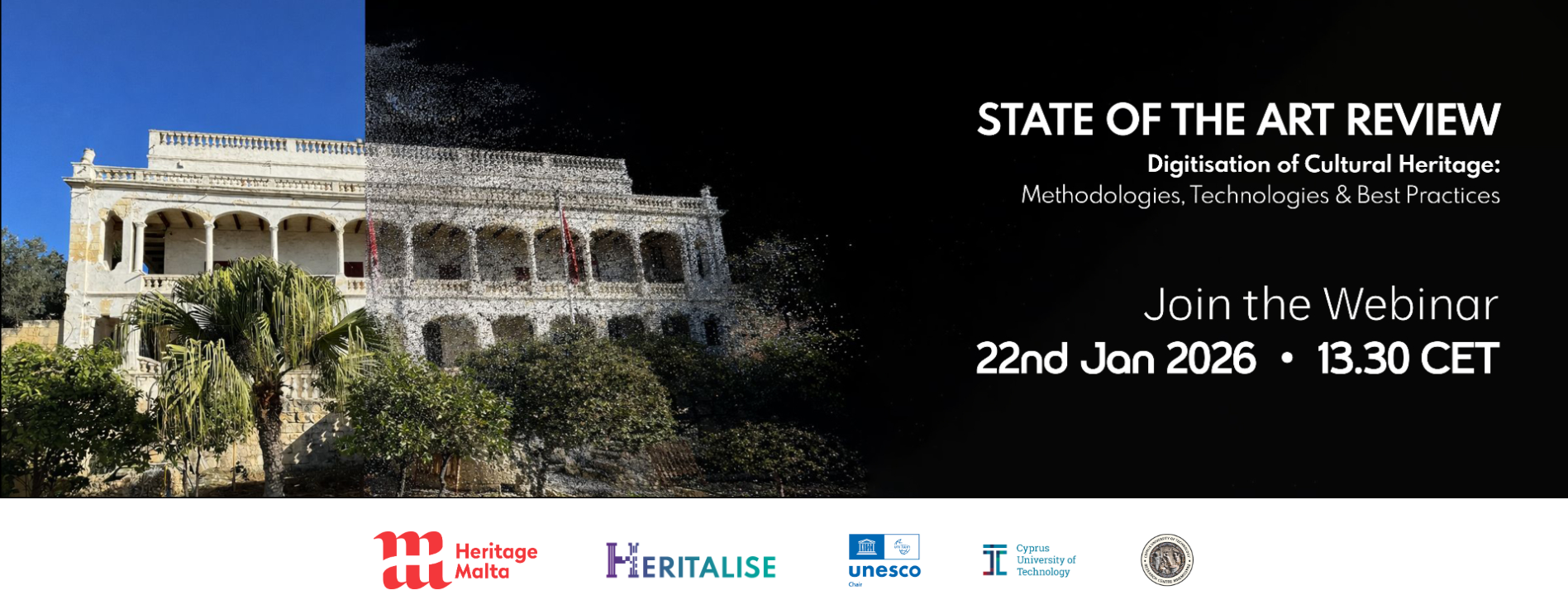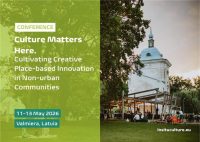Login Status
-
Free text
UPCOMING EVENTS:
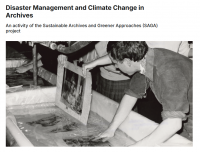 HAEU's workshop to manage climate threats in the field of achiving (4-5 December 2025)
HAEU's workshop to manage climate threats in the field of achiving (4-5 December 2025)The new challenges that archives face today concern their relationship with space and the environment, a balance that is increasingly fragile and exposed to risk: floods, fires, and climate change are reshaping the risk profile of documentary heritage. The workshop … Continue reading →
 Collaboration agreement has started between SECreTour and R.Map project in December 2025
Collaboration agreement has started between SECreTour and R.Map project in December 2025The SECreTour Network is growing! R-MAP is the acronym of the project titled Mapping, understanding, assessing and predicting the effects of remote working arrangements in urban and rural areas. R-Map is a three-year project funded by the European Union under … Continue reading →
Author Archives: admin
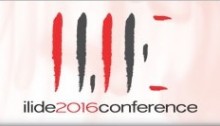
For the 19th time, the beautiful surroundings of Low Tatras will create a scenery for the ILIDE 2016 Conference where as usually the digital preservation, digital collections access and digital processing experts from around the world will gather. Antonella Fresa, Technical Coordinator of PREFORMA, will present the project, focusing in particular on the open source approach and on the forthcoming testing phase, showing how the conformance checkers can be used and integrated in other systems. Continue reading
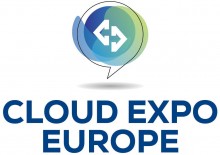
Cloud Expo Europe is the UK’s largest technology event and the world’s largest independent cloud event, featuring a major exhibition with a 400+ cutting-edge suppliers plus a compelling conference of 300 global expert speakers – and thousands of visitors. In 2015 the number of attendees reached 15,286 in total, representing a 25.4% increase from 2014. Continue reading

The IS&T Archiving 2016 Conference brings together an international community of imaging experts and technicians as well as curators, managers, and researchers from libraries, archives, museums, records management repositories, information technology institutions, and commercial enterprises to explore and discuss the field of digitization of cultural heritage and archiving. Continue reading
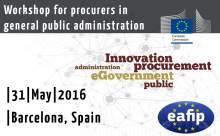
The European Commission invited PREFORMA to a workshop organised by eafip which targets public procurement authorities in general public services like public administration, and economic and financial affairs (ministries, regional and local authorities, public utility companies, etc.). A special focus will be on eGovernment solutions. Continue reading
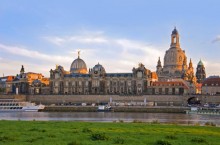
Peter Pharow and Stefan Rohde-Enslin will present the PREFORMA project at the nestor Praktikertag, which will take place at the State and University Library Dresden (SLUB) on 14 June 2016. The event brings together experts from different communities to learn and discuss new developments and practical approaches to digital preservation. The main topics of the 2016 event are the long-term archiving strategies of migration and emulation. Continue reading
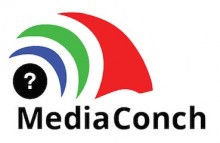
A free, three day symposium of workshops & presentations on the standardization & use of FFV1 & Matroska in archives. Hosted by Deutsche Kinemathek, Zuse Institute Berlin, and MediaArea.net and supported by the PREFORMA project, the event provides an opportunity for format inventors, developers, specification authors, and archivists to collaborate and advance AV preservation formats. Continue reading
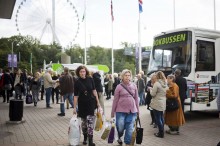
Bengt Neiss from the National Library of Sweden will present the PREFORMA project during a seminar organised by PERICLES in the framework of the Göteborg Book Fair. The seminar, entitled “How can we access digital objects created 20 years ago and 100 years from now?” will discuss the latest findings on digital preservation from the European scientific project PERICLES and the current experiences of major players in digital preservation. Continue reading
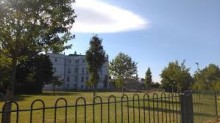
The Eleventh International Conference on Open Repositories, which will be held on June 13th-16th, 2016 at the Trinity College in Dublin, will explore how our rich collections and infrastructure are now an inherent part of contemporary scholarship and research and how they have expanded to touch many aspects of our academic and cultural enterprises. Continue reading
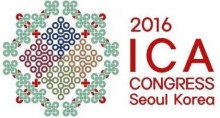
Magnus Geber from Riksarkivet will present a poster about PREFORMA at the ICA Congress 2016 in Seoul “Archives, Harmony & Friendship”. The conference themes include: the changing nature of recordkeeping in the digital age; opportunities for cooperation within and outside the archival milieu; the uses and role of archives in the support of truth, justice and reconciliation; and opportunities for harmony and friendship in archival endeavours. Continue reading

The International Association of Sound and Audiovisual Archives (IASA) 47th Annual Conference will be hosted at the Library of Congress, Washington D.C., USA, from 25-29 September 2016. Conference theme: A World of Opportunity: Audiovisual Archives and the Digital Landscape. MediaArea has been accepted for the paper ‘Status of CELLAR: Update from an IETF Working Group for Archival Audiovisual Formats’. Continue reading


